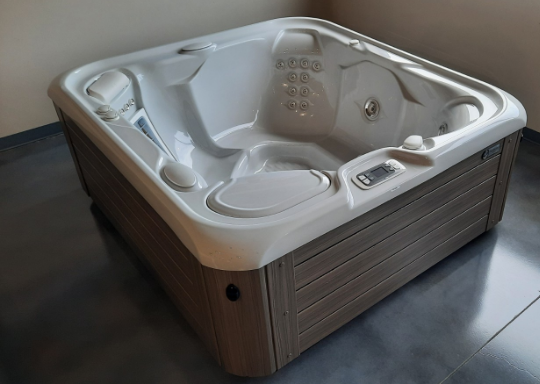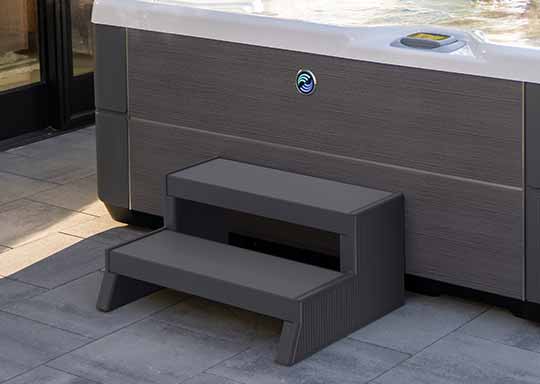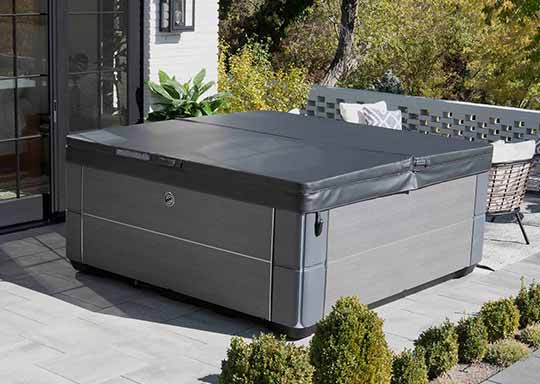Easy ways to center your diet on foods that help keep you healthy
(ARA) – Americans could learn a lot about healthy eating habits from the ordinary people of the Mediterranean nations. Eating healthy foods is a mindset, and while it may take some practice to change your habits, it’s not difficult.
Your body needs vitamins and nutrients to operate effectively and keep you healthy. Developing healthy eating habits is a simple way to ensure your body is receiving the necessary amount of nutrients. Here are some basic, healthy eating habits that apply for everyone:
* Eat more fresh fruit and vegetables.
* Shop local farmers markets where the food is grown within a four-hour drive.
* Eat more turkey and less beef.
* Eat more whole grains.
* Saute or grill rather than fry.
* Use olive oil rather than shortening.
* Eat slowly and enjoy each bite.
* Practice moderation in everything you eat.
“Sure, we have overweight people in Israel. But I had never seen an obese person until I came to the United States in 2002,” says chef Nathan “Tany” Hashmonay, a native of Israel who studied in Israel and France before coming to the U.S. to complete his education. He is an instructor in The International Culinary School at The Art Institute of Charlotte.
“It was weird, when I first came here, to see how expensive fresh fruit and vegetables were in the U.S. as compared to the Mediterranean, and how relatively inexpensive beef was here compared to there,” Hashmonay says. “Everyone in Europe buys from the farmers markets – only they’re much larger there. And we buy in abundance. Instead of buying five tomatoes, we buy five kilos of tomatoes and use them all.”
“We are lucky to live in Portland with a thriving farmers market and a food system supported by the city, which ensures healthy foods and local produce are available for residents,” says chef Dave McIntyre, an instructor at The International Culinary School at The Art Institute of Portland and board member on the Portland/Multnomah Food Policy Council. “With fresh produce available year round, it is pivotal our students learn to take advantage of the local bounty available. And with a curriculum focusing on international cuisine, students are able to use local bounty in interesting and exciting new ways,” says McIntyre.
U.S. and Mediterranean shopping habits also differ in the purchase of bread. Hashmonay doesn’t even like to walk down the aisle past processed breads because he doesn’t get that fresh-baked bread aroma.
Processed breads are filled with air to expand their shelf life. Mediterranean and European bakers bake and deliver breads twice a day. Shoppers buy for their immediate use, but Americans are not used to going to a baker twice a day.
Know what’s in your food. Like processed breads, many items available at your local grocery store contain preservatives, hormones or high amounts of corn syrup, which your body has a difficult time digesting. If you are trying to eat healthy, purchase foods labeled “organic” or “all natural” which are likely to have less fat, sugar, sodium and calories.
Another tip for healthy eating is to not overcook vegetables. “They lose their nutrients when they’re overcooked,” says Hashmonay.” So a saute or grill is better than frying or baking. With shorter cook times, the vitamins are not reduced by the heat, and you’re getting good fiber. Better yet, eat them raw: Toss them with salt, pepper and olive oil. One exception is the tomato. They’re great fresh, but you also can use them for sauces and the longer cooking time brings out their antioxidants.”
And take a tip from the French: Eat regular meals and take time to eat slowly, savoring your food. “Like the French, look at your meals as a pleasure, not just something you have to do. Eating smaller portions of healthy foods is more filling because each bite is satisfying,” says Hashmonay.
Healthy eating is a way of life, according to Hashmonay. “Just eat a lot of fruit and vegetables. Don’t worry about one serving of this and two of that. Just look for a lot of different kinds of fruits and vegetables because each brings something new to the table – each has its own vitamins and nutrients.” To learn more about The Art Institutes schools, visit www.artinstitutes.edu/nz.



























